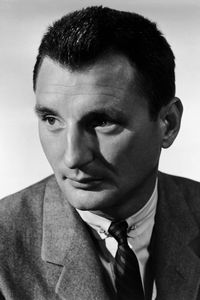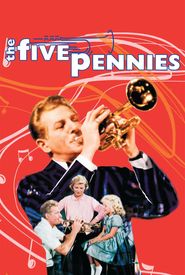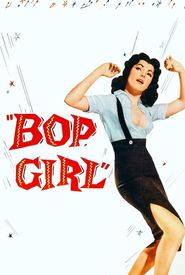Bobby Troup was a multifaceted American artist, renowned for his accomplishments as an actor, jazz pianist, singer, and songwriter. He is most famously remembered for penning the iconic hit song "(Get Your Kicks on) Route 66" in 1946, which has since been covered numerous times. The song's initial performances were by Nat King Cole and the King Cole Trio, followed by Bing Crosby and the Andrews Sisters, both of which were 1946 hits.
Troup's early success as a songwriter began with "Daddy" in 1941, which was performed by Sammy Kaye and His Orchestra, with subsequent versions recorded by Glenn Miller, Bing Crosby, Kay Kyser, and The Andrews Sisters. However, his music career was interrupted by his service in World War II.
During his military service, Troup trained as an officer and was assigned to train African-American marine recruits at Camp Montford Point in Jacksonville, North Carolina. He composed the song "Take Me Away from Jacksonville", which is still used as an anthem by North-Carolina-based Marines.
As a songwriter, Troup had numerous hits, including "(Get Your Kicks on) Route 66", "The Girl Can't Help It", "The Meaning of the Blues", and "My City of Sydney". He also released 10 records between 1953 and 1959, although none of these records were commercially successful.
Troup began acting as a side career, making his film debut as an uncredited musician in the 1950 romantic comedy "Duchess of Idaho". He went on to have credited roles in musical films such as "Bop Girl Goes Calypso", "The High Cost of Loving", and "The Five Pennies". His last film role was in the 1970 military-themed comedy "M*A*S*H".
Troup's most substantial career was in television, where he had a long-running role as Dr. Joe Early in the medical drama "Emergency!", which lasted for six seasons. He also appeared in popular series such as "Perry Mason", "Dragnet", and "Mannix".
In his later years, Troup appeared in the 1982 television film "The 25th Man" and had a guest-star role in a 1985 episode of the detective series "Simon & Simon". He lived in retirement until his death in 1999 at the age of 80.


























